A few days can make a massive difference in farming. A couple of weeks ago things were going well – we were cutting surplus paddocks every week for bales (making some excellent-quality silage) and we were well on top of our grassland management.
However, the weather started to go downhill, and last week it went astray altogether. We had almost 60mm of rain in two days. Actually, it was the wettest two days of the year so far, and it was very disappointing that it had to come at the beginning of June. Within two days we went from having great utilisation of grass, to completely destroyed paddocks.
It’s really annoying for us farmers in the west to hear other farmers looking for rain, especially when the rain comes and undoes all our hard work.
Advice
Last week I was reading a piece by an agricultural adviser. He said that you should cut grass at the right stage no matter what the weather. I can understand his thinking, but he certainly hasn’t farmed in Fermanagh or other wet counties in the west.
If you think that you can make good-quality silage in wet weather in Fermanagh, the harsh reality is that you can’t.
Ground gets wet and every time you drive over it, you are contaminating the grass with soil. If you do manage to get it off in bales, they are half full of water and a complete torture to work with.
I can’t see that pit silage would be any better. In our case you would be paying one man to draw water into the silo and paying another man to draw the water back to the field
We had paddocks with surplus grass that should have been cut last week, but I have no interest in wet bales of good-quality grass. You would probably have twice as many bales, but no more silage.
I can’t see that pit silage would be any better. In our case you would be paying one man to draw water into the silo and paying another man to draw the water back to the field. Any experience I have had is that you can’t make good-quality pit silage when it’s wet. However, I have been shocked in recent days at the number of farmers who are prepared to make wet silage.
Last week, during all the rain there were lots of farmers who worked away at their silage. They mowed it wet and continued to mow and lift during all the rain. In some cases, the water was running out of the trailers. I can’t see how this could make good silage.
In my opinion, you would be better waiting for some drier weather. I know that the quality of the silage won’t be as good, but you will have improved fermentation, etc.
Surplus
In my own situation, I have a lot to think about this week. I now have a large surplus of grass.
If the weather improves this week, do I cut all the strong paddocks? If I do, then I could be short of grass in a few weeks
The general advice is not to let cattle graze paddocks that have gotten too strong. But what do you do then?
If the weather improves this week, do I cut all the strong paddocks? If I do, then I could be short of grass in a few weeks.
From being on top of my grassland management it seems like I’m now in freefall.
Control
What I intend to do is to cut some paddocks every week (weather permitting), until I get the grass under control again.
I’m sowing a little grass seed on paddocks that have been damaged to try and regenerate them a little
There will be paddocks I will have to graze that are too strong, but I will try and cut these for bales the next time around.
There are other things that I’m trying. I’m sowing a little grass seed on paddocks that have been damaged to try and regenerate them a little.
I have my work cut out to try and get back on top of my grassland management. Let’s hope the weather gives me a helping hand.
Read more
Farmer Writes: it's a critical time for good grass management
Watch: technology to take the strain of heat detection
A few days can make a massive difference in farming. A couple of weeks ago things were going well – we were cutting surplus paddocks every week for bales (making some excellent-quality silage) and we were well on top of our grassland management.
However, the weather started to go downhill, and last week it went astray altogether. We had almost 60mm of rain in two days. Actually, it was the wettest two days of the year so far, and it was very disappointing that it had to come at the beginning of June. Within two days we went from having great utilisation of grass, to completely destroyed paddocks.
It’s really annoying for us farmers in the west to hear other farmers looking for rain, especially when the rain comes and undoes all our hard work.
Advice
Last week I was reading a piece by an agricultural adviser. He said that you should cut grass at the right stage no matter what the weather. I can understand his thinking, but he certainly hasn’t farmed in Fermanagh or other wet counties in the west.
If you think that you can make good-quality silage in wet weather in Fermanagh, the harsh reality is that you can’t.
Ground gets wet and every time you drive over it, you are contaminating the grass with soil. If you do manage to get it off in bales, they are half full of water and a complete torture to work with.
I can’t see that pit silage would be any better. In our case you would be paying one man to draw water into the silo and paying another man to draw the water back to the field
We had paddocks with surplus grass that should have been cut last week, but I have no interest in wet bales of good-quality grass. You would probably have twice as many bales, but no more silage.
I can’t see that pit silage would be any better. In our case you would be paying one man to draw water into the silo and paying another man to draw the water back to the field. Any experience I have had is that you can’t make good-quality pit silage when it’s wet. However, I have been shocked in recent days at the number of farmers who are prepared to make wet silage.
Last week, during all the rain there were lots of farmers who worked away at their silage. They mowed it wet and continued to mow and lift during all the rain. In some cases, the water was running out of the trailers. I can’t see how this could make good silage.
In my opinion, you would be better waiting for some drier weather. I know that the quality of the silage won’t be as good, but you will have improved fermentation, etc.
Surplus
In my own situation, I have a lot to think about this week. I now have a large surplus of grass.
If the weather improves this week, do I cut all the strong paddocks? If I do, then I could be short of grass in a few weeks
The general advice is not to let cattle graze paddocks that have gotten too strong. But what do you do then?
If the weather improves this week, do I cut all the strong paddocks? If I do, then I could be short of grass in a few weeks.
From being on top of my grassland management it seems like I’m now in freefall.
Control
What I intend to do is to cut some paddocks every week (weather permitting), until I get the grass under control again.
I’m sowing a little grass seed on paddocks that have been damaged to try and regenerate them a little
There will be paddocks I will have to graze that are too strong, but I will try and cut these for bales the next time around.
There are other things that I’m trying. I’m sowing a little grass seed on paddocks that have been damaged to try and regenerate them a little.
I have my work cut out to try and get back on top of my grassland management. Let’s hope the weather gives me a helping hand.
Read more
Farmer Writes: it's a critical time for good grass management
Watch: technology to take the strain of heat detection




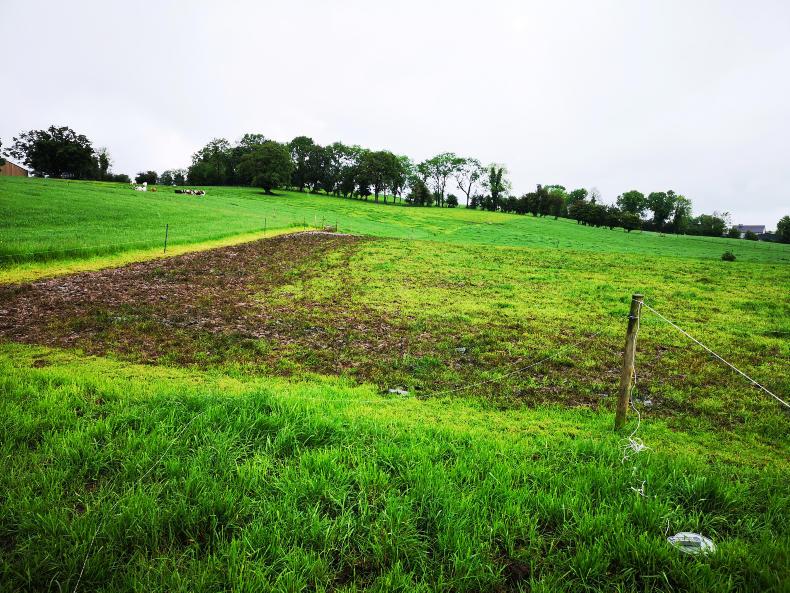
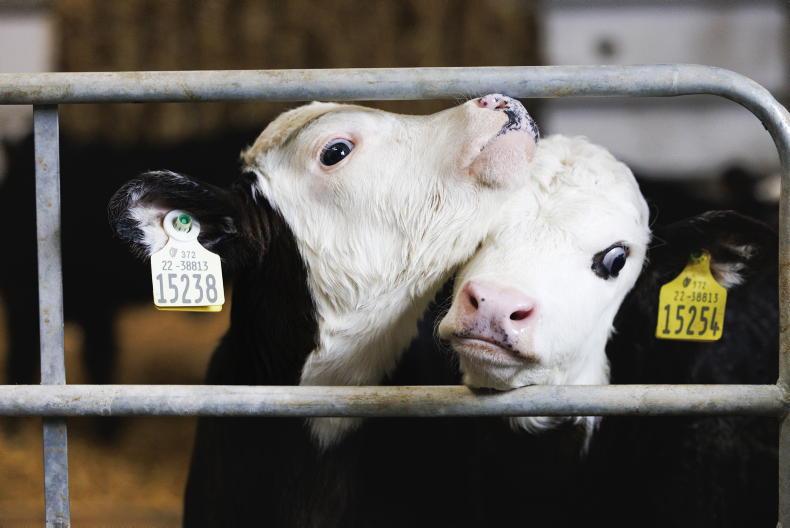

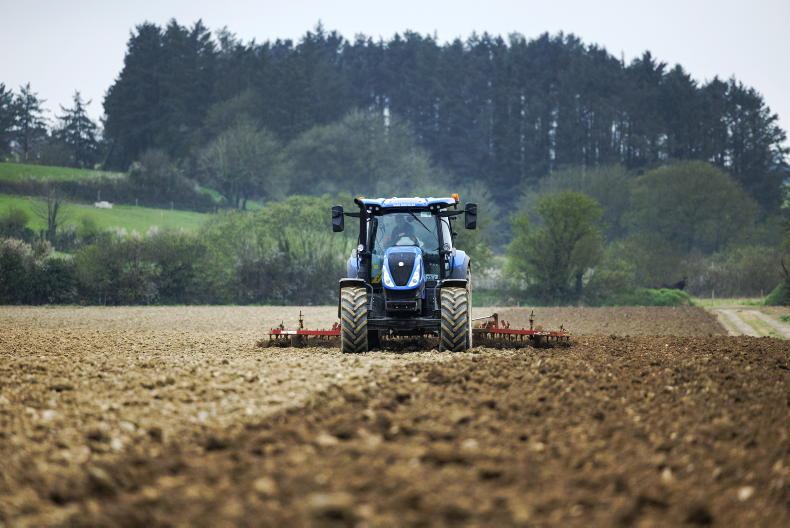
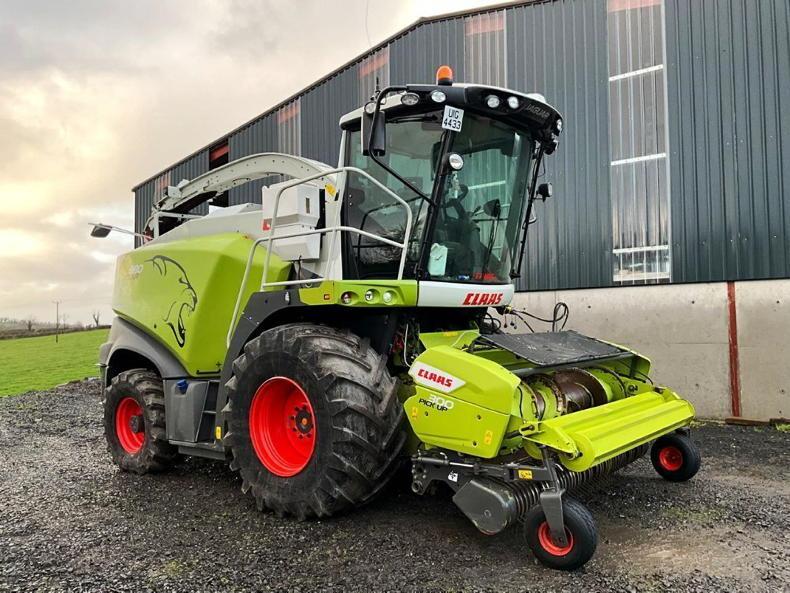
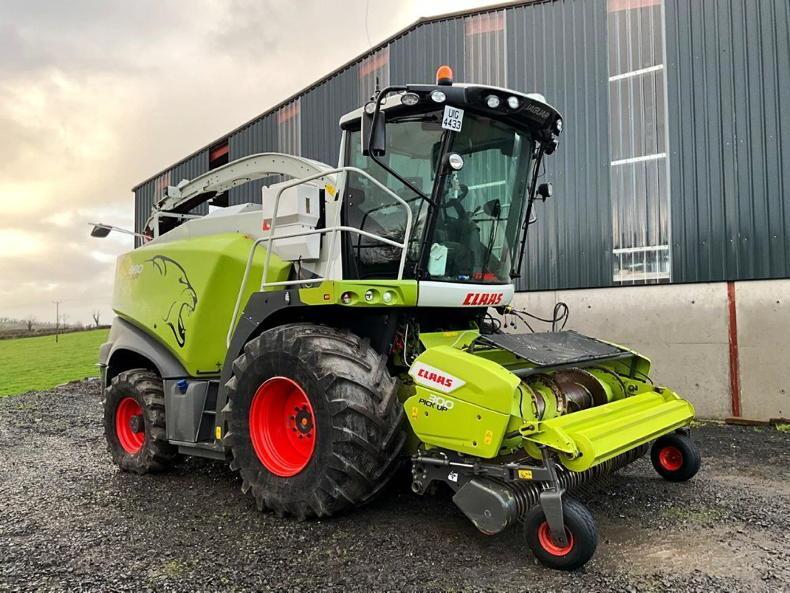
SHARING OPTIONS